Introduction
Understanding Cane Corso health issues is essential for every owner.
- Proper care is essential to keep them healthy and happy
- Knowing their common health issues is vital for owners
- This guide will help you understand their health concerns
- We'll cover prevention, care, and management tips
- Protect your Cane Corso with informed healthcare decisions
1. Hip Dysplasia
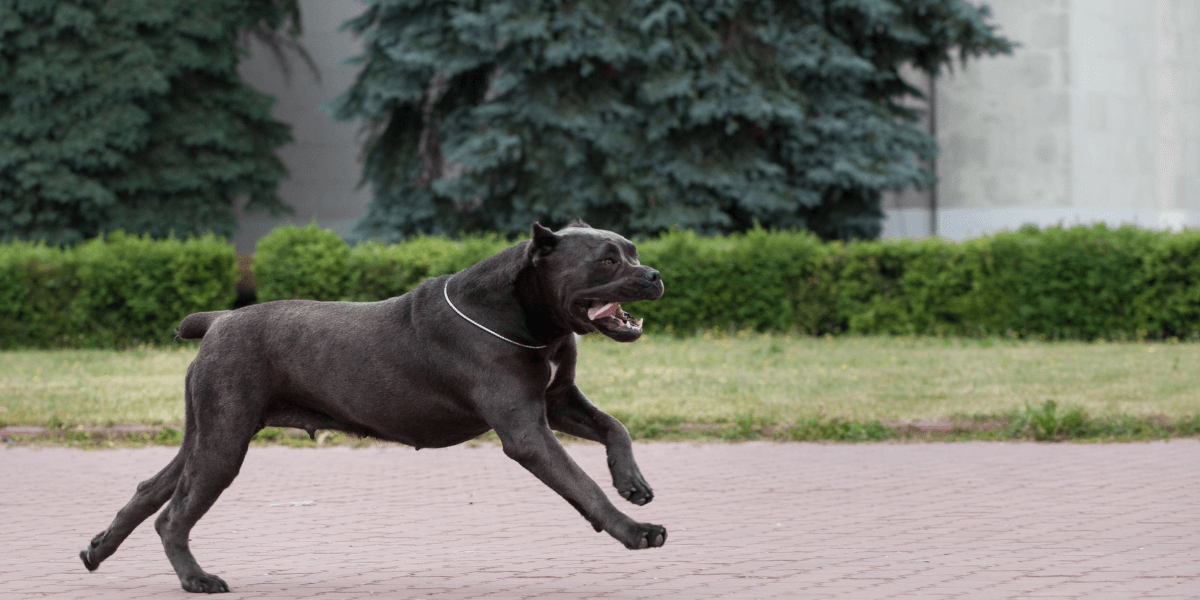
Hip dysplasia is a common joint issue in Cane Corsos.
- Definition: A genetic condition causing hip joint malformation
- Symptoms: Limping, stiffness, or reluctance to move
- Prevention: Regular exercise and maintaining a healthy weight
- Treatment: Physical therapy, medications, or surgery
- Management: Provide a soft bed and avoid high-impact activities
2. Elbow Dysplasia
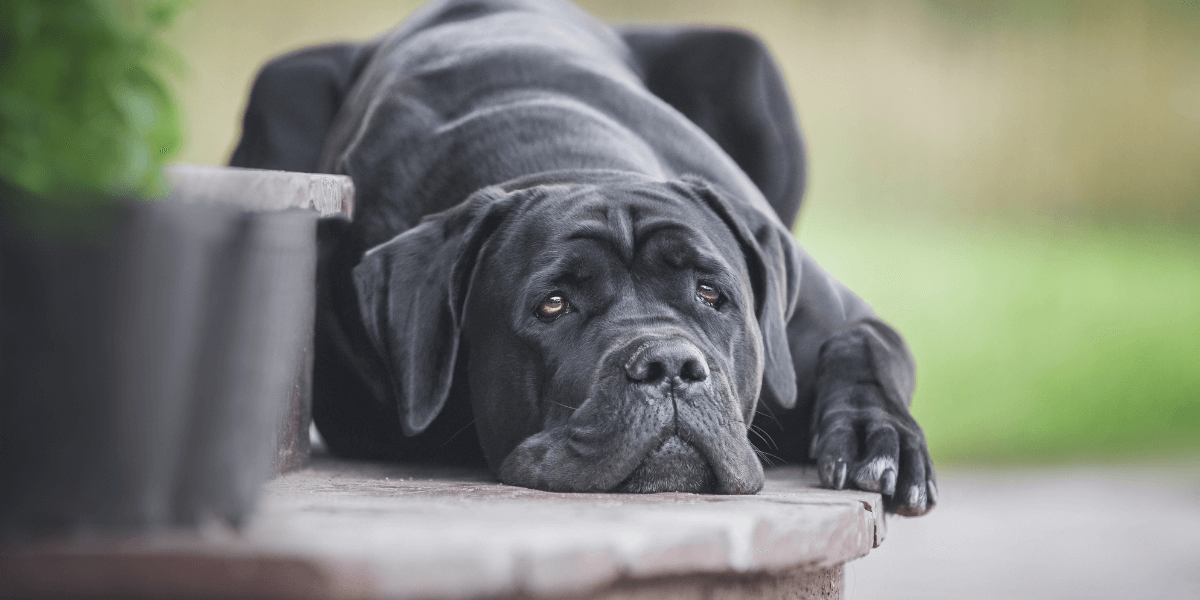
Elbow dysplasia affects the front limbs of Cane Corsos.
- Definition: A developmental joint disorder causing lameness
- Symptoms: Pain, swelling, and lameness in the front legs
- Prevention: Controlled growth and avoiding over-exercising
- Treatment: Anti-inflammatory medications or surgical intervention
- Management: Regular vet check-ups and maintaining ideal weight
3. Bloat (Gastric Torsion)
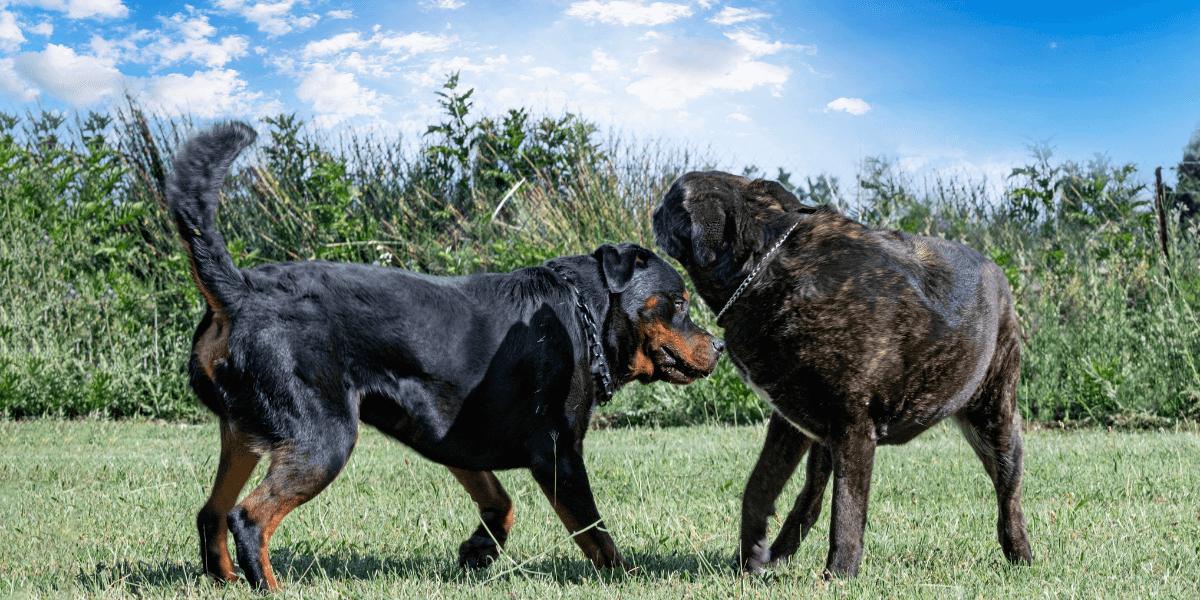
Bloat is a life-threatening condition in Cane Corsos.
- Definition: The stomach fills with gas and twists on itself
- Symptoms: Restlessness, swollen abdomen, and excessive drooling
- Prevention: Smaller, frequent meals and avoiding heavy exercise post-meal
- Treatment: Emergency surgery to untwist the stomach
- Management: Know the signs and act quickly in case of bloat
4. Heart Disease

Cane Corsos are prone to certain heart conditions.
- Definition: Common issues include dilated cardiomyopathy (DCM)
- Symptoms: Coughing, difficulty breathing, or lethargy
- Prevention: Regular heart screenings and a healthy diet
- Treatment: Medications to manage symptoms and improve heart function
- Management: Regular vet visits and monitoring exercise levels
Compare Cane Corso heart disease with Bernese Mountain Dog health issues and learn prevention tips.
5. Eye Problems
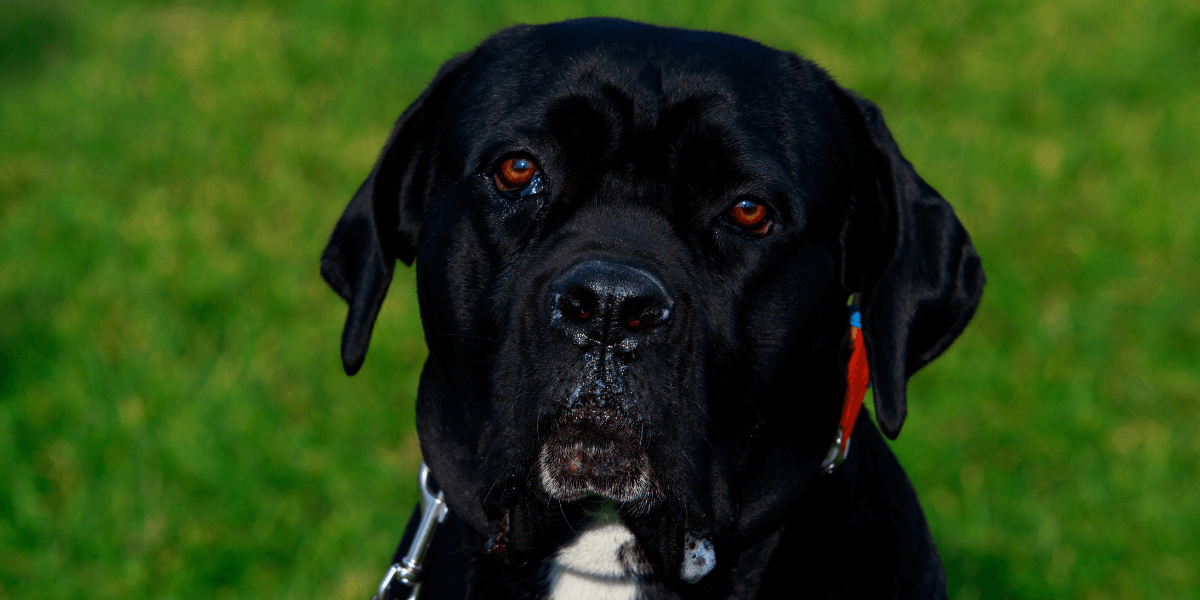
Eye issues are common in Cane Corsos due to their genetics.
- Definition: Conditions like cherry eye, entropion, and ectropion
- Symptoms: Red, irritated eyes, discharge, or excessive tearing
- Prevention: Regular eye checks and maintaining eye hygiene
- Treatment: Surgery or medications, depending on the condition
- Management: Keep eyes clean and consult a vet for abnormalities
For more detailed information on Cane Corso eye problems, you can refer to this comprehensive guide.
6. Skin Conditions
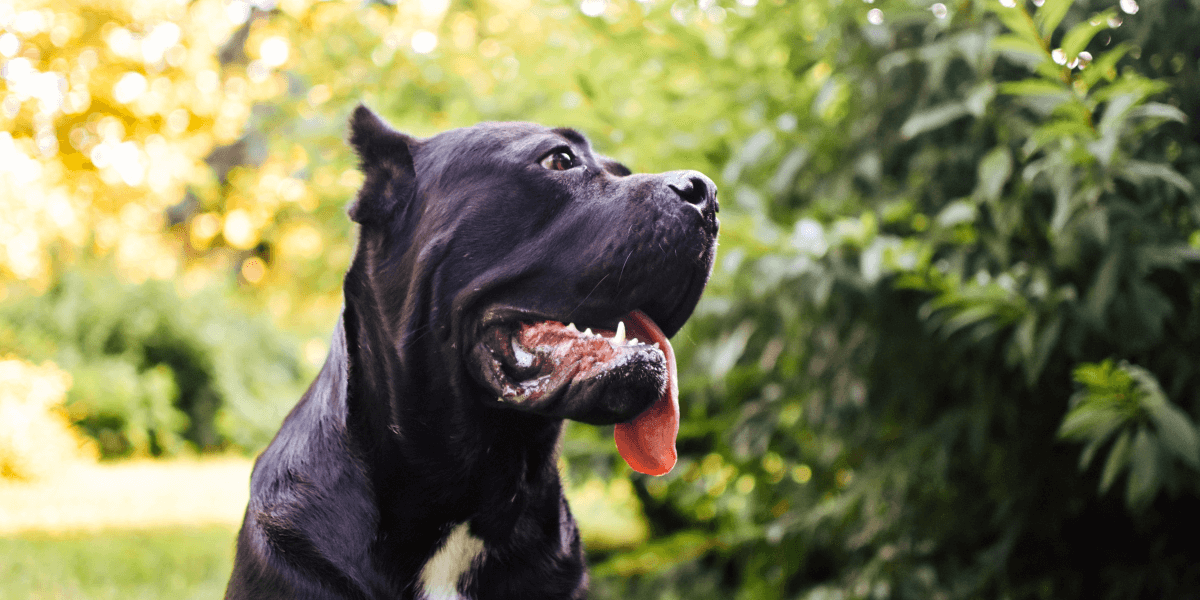
Cane Corsos may develop various skin conditions.
- Definition: Common issues include allergies and dermatitis
- Symptoms: Itching, redness, hair loss, or skin lesions
- Prevention: Use hypoallergenic products and provide a balanced diet
- Treatment: Topical ointments, antibiotics, or allergy medications
- Management: Regular grooming and prompt treatment of skin issues
7. Obesity

Obesity is a preventable issue in Cane Corsos.
- Definition: Excessive weight gain can lead to other health problems
- Symptoms: Visible weight gain, lethargy, and difficulty moving
- Prevention: Regular exercise and portion-controlled feeding
- Treatment: A weight management plan, guided by a vet
- Management: Maintain a healthy diet and monitor weight regularly
Explore how diet helps prevent obesity in Cane Corsos with this Great Dane nutrition guide.
FAQs
1. What are the signs of hip dysplasia in Cane Corsos?
- Limping, stiffness, or reluctance to move may indicate hip dysplasia
2. How can I prevent bloat in my Cane Corso?
- Feed smaller, frequent meals and avoid exercise after eating
3. What heart conditions are common in Cane Corsos?
- Dilated cardiomyopathy (DCM) is a common heart issue
4. How do I manage my Cane Corso's skin allergies?
- Use hypoallergenic products and consult a vet for appropriate treatment
5. How often should Cane Corsos have regular vet check-ups?
- At least once a year or more frequently if health issues are present
Conclusion
- Understanding Cane Corso health issues is as vital as knowing Great Dane health concerns
- Regular vet visits help in the early detection and management of issues
- Preventive care like a balanced diet and exercise is crucial
- Be alert to signs of common health problems in your Cane Corso
- Consult your vet for tailored advice on prevention and treatment
- Act now to ensure your Cane Corso stays healthy and happy



